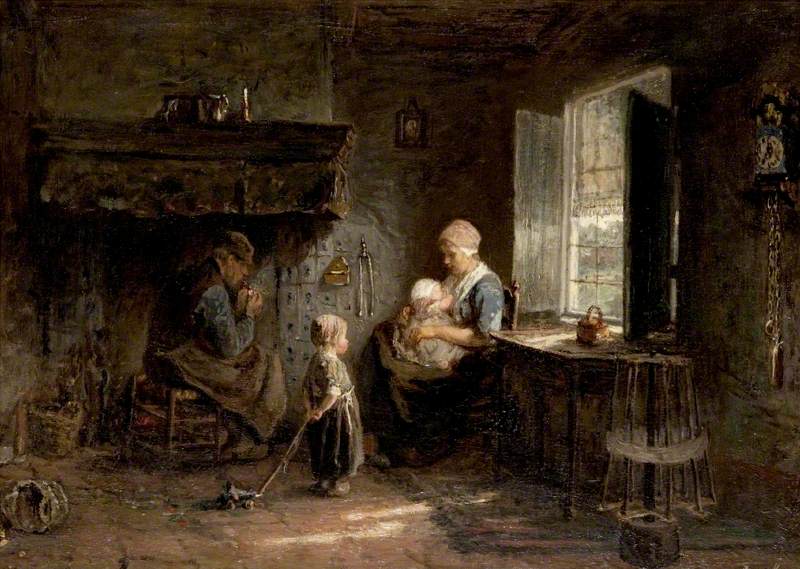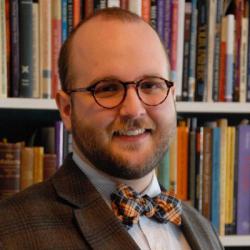
As I’ve grown older, I’ve enjoyed watching my childhood friends as they start families, have children, and share what is going on in their lives via social media. Their posts give a glimpse into how they manage their own households, and can often reveal how these same friends have changed over time due to a range of external factors.
Such changes are particularly striking after the responsibilities of marriage and parenthood. This happens with men and women alike, to be sure. But given the rise of “mom blogs” and online marketplaces such as Etsy (which are predominantly driven by women), the transformation is especially noticeable in the case of motherhood.
Upon having children, many of these friends experience surprising shifts in their interests and priorities. They start working the economic angles of the home in new ways, both “offensively” and “defensively” (a description I first heard from Pastor Chris Wiley). “Defense” has to do with saving or keeping money, whereas “offense” has to do with getting more money into the budget.
Why does this happen? What’s behind such a shift?
I think the answer is pretty simple: love. As spouses and parents, we love our most proximate neighbors—our families—and want to provide for them. Entering into a shared domestic life changes one’s perspectives and priorities. Suddenly, one is responsible for several others. What is more, we want to share joy with our families. It is hard work, but we do it.
As a pastor, I can’t help being reminded of Proverbs 31, which describes a woman who works hard to make sure her children are fed and clothed. “She is not afraid of the snow for her household: for all her household are clothed with scarlet.”
The chapter is often referenced but rarely seen aright. A lot of that has to do with the fact that we live in a chapter of human history that is quite exceptional. Households are primarily seen as recreational rather than productive. Productive activities that keep us sheltered and fed are now done at a “workplace” rather than our own farmland, first-story shop, and so forth.
The bifurcation we’ve become accustomed to leads to confusion when we see “the Proverbs 31 woman.” She is often used to shoe-horn in various agendas from many ideological camps. But many of those that take up the debate don’t take the time to reflect upon context or what the wise woman is actually doing. She’s at home sewing and weaving, trading at the market, acquiring real estate, and allows all the rest of her household to prosper and thrive.
Given the shape of modernity, we typically imagine this productive activity happening via a “successful career” in the business world, which is certainly part of our reality. But when we look at the Bible and most of human history, we also see many of these activities centered in the home—and rightly so. Recent economic customs and expectations have the potential to confuse and distract us, and it leads to no small amount of arguments among those who hold the Bible as an ultimate authority over their lives. I will save the debate over what we should do about that for another time.
What I do want to emphasize is good news. First, the economic geography is changing. Technological shifts have provided opportunities for the household to be productive once again, for men and women alike. Internet commerce, 3D printing, telecommuting and many other innovations have once again combined the workplace and the homeplace. All sorts of entrepreneurial opportunities are on the horizon. There is always risk in undertaking such ventures, but there is also the opportunity for more liberty, ownership, and stewardship.
Second, nature is a stubborn thing. Household responsibility and leading a family still inspire the productive virtues and thrifty acumen that we see in the wise Proverbs 31 woman—from the mom who stays at home full-time and homeschools her children to the one who manages the home while also leading a successful business in corporate America.
Those virtues remain and endure, regardless of the wider economic landscape, and I know that many families are thankful for it.
Image: Josef Israels; The Happy Family

